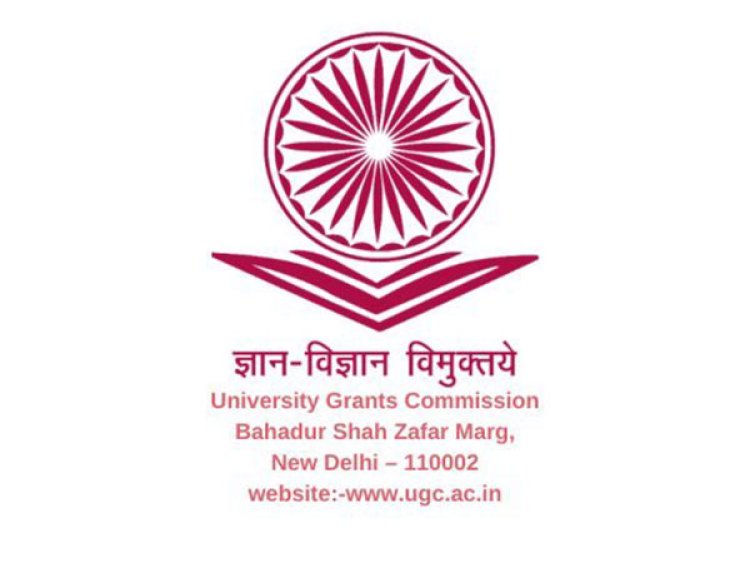UGC approves guidelines for short-term skill development courses; lists funding, industry participation

New Delhi, India: The University Grants Commission on Thursday approved a set of guidelines for the introduction of short-term skill development courses in Higher Education Institutes (HEIs), specifying the course and fee structure, target group, focus areas and involvement of private industry.
UGC chairman M Mamidala Jagadesh Kumar told ANI, "In today's commission meeting, UGC approved the Guidelines for the Introduction of Short-Term Skill Development Courses in Higher Educational Institutes (HEIs). We will soon be making this draft for public feedback."
"The document mentions that anyone who has passed the 10+2/Senior Secondary Examination or its equivalent and is eligible for admission to any undergraduate programme of the HEI will be eligible.The HEI shall offer credit-linked short-term skill development certificate courses of 3-6 months," the UGC chairman said.
"The HEI shall use a credit mechanism to design the course structure. A short-term skill development course in any stream shall be at least 12 credits and a maximum of 30 credits. The short-term skill development course must have a greater focus on practical learning. The HEIs may develop a plan to facilitate employment opportunities and internships for the successful students completing the short-term skill development course," Jagadesh Kumar said.
The document also talks about the establishment of a centre in HEIs for skill development courses and how the centre can be established.
As per the document which is yet to be made public, the short-term skill development courses will provide holistic and specialized education with a focus on practical training, enabling individuals to "acquire hands-on experience and develop a deep understanding of industry practices and standards to enhance the employability of learners through skill development".
This will also increase productivity at the workplace through up-skilling and reskilling and encourage the introduction of demand-based specific skill development courses in HEIs keeping in view the regional and local requirements as well.
All HEIs will be eligible to offer short-term skill development courses "subject to the availability of infrastructure and training capacity as per the prescribed standards", as per the document assessed by ANI.
The institutes will require the approval of their Governing Bodies/Statutory Councils/Board of Management or any other equivalent academic bodies for the courses.
The guidelines advise HEIs to establish a 'Centre for Skill Development Courses' for introducing short-term skill development courses.
"The centre shall be headed by a professor, Professor of practice, and senior faculty as a centre director nominated by the Vice-Chancellor / Principal," the guidelines mention. The HEIs need to ensure that the courses are run in a self-sustainable mode, the guidelines underline.
The guidelines also asked HEIs to establish an Advisory Committee comprising the Centre Director as Chairman and eminent persons as members (from within or outside the HEI).
The institutes can establish centres on their own or through a memorandum of understanding with industry partners.
The UGC has also listed some broad areas for the short-term courses including artificial intelligence, machine learning, 3D printing, 5 G connectivity, digital fluency, cyber security, cloud computing and Electronic manufacturing.
"The maximum student intake in one short-term skill development course should not exceed 60 for each cohort. The HEI may start multiple cohorts of any course depending on the demand of the course and the suitable infrastructure/faculty availability," the document mentions.
The credits earned through skill development courses may be used by the students for their degree/diploma programmes in lieu of the programme electives to bring in the concept of skill development alongside academic prudence, the document elaborates.
The document mentions that the HEIs can utilise the equipment and infrastructure of nearby industries for providing hands-on training.















































